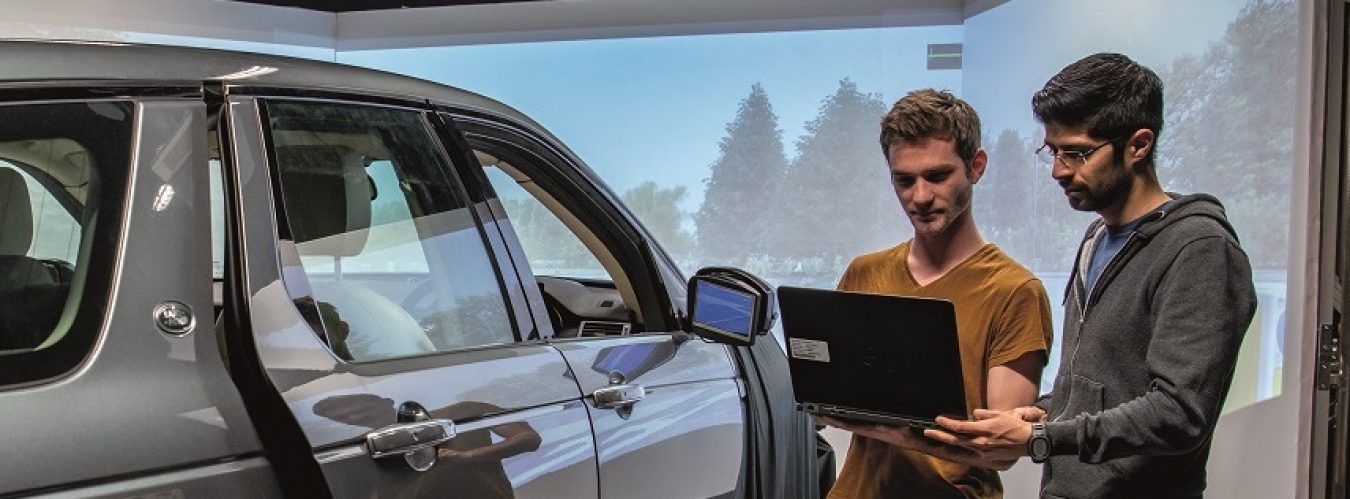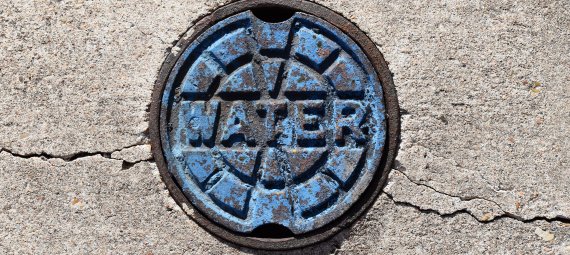Postgraduate researcher: Adila Nalisa Binti Mohd Roslan
Supervisors: Dr Jennifer Muggleton, Dr Neil Ferguson
Funder: UK Water Industry Research (UKWIR)
Project Description
Leakage from pipes is a major issue in the water industry, not only in environmental terms, because of wasting an important natural resource, but also in economic and health terms. UK Water Industry Research (UKWIR) have identified leakage as one of their strategic priorities and have recently set up the Zero Leakage 2050 initiative, aiming to address the question “How will we achieve zero leakage in a sustainable way by 2050 ?”
This exciting and innovative project aims to address some of the fundamental science required in order that practical solutions can be developed to meet UKWIR’s strategic objective.
Acoustic methods predominate in the armoury of available leak detection methods. However, their effectiveness can be limited by a number of factors, not least of which is sound knowledge of the propagation characteristics of all the major pipe wave propagation modes in plastic pipes.
Considerable work has already been done to characterise the axisymmetric modes of propagation but little has been done on either the higher order modes or on what occurs at pipeline joints and connections.
The aim of this project is to examine these higher order modes and their interactions at pipe joints. Specifically the following will be undertaken
• Analytical/numerical modelling of higher order modes for a fluid filled pipe in vacuo
• Analytical/numerical modelling of higher order modes for a buried pipe and evaluation of the effects of the surrounding soil
• Numerical modelling of transmission/reflection and mode conversion at joints
• Laboratory and field experiments to support the above
The project will be a balance of theoretical and experimental work, with some of the experimental work being undertaken at outdoor test sites in the UK, provided by the industrial partner; it would suit a candidate with both strong analytical/numerical skills and an enthusiasm for experimental measurements. The successful candidate will be working within the Dynamics Group within the ISVR where there are a number of PhD students already working on projects related to Zero Leakage 2050

